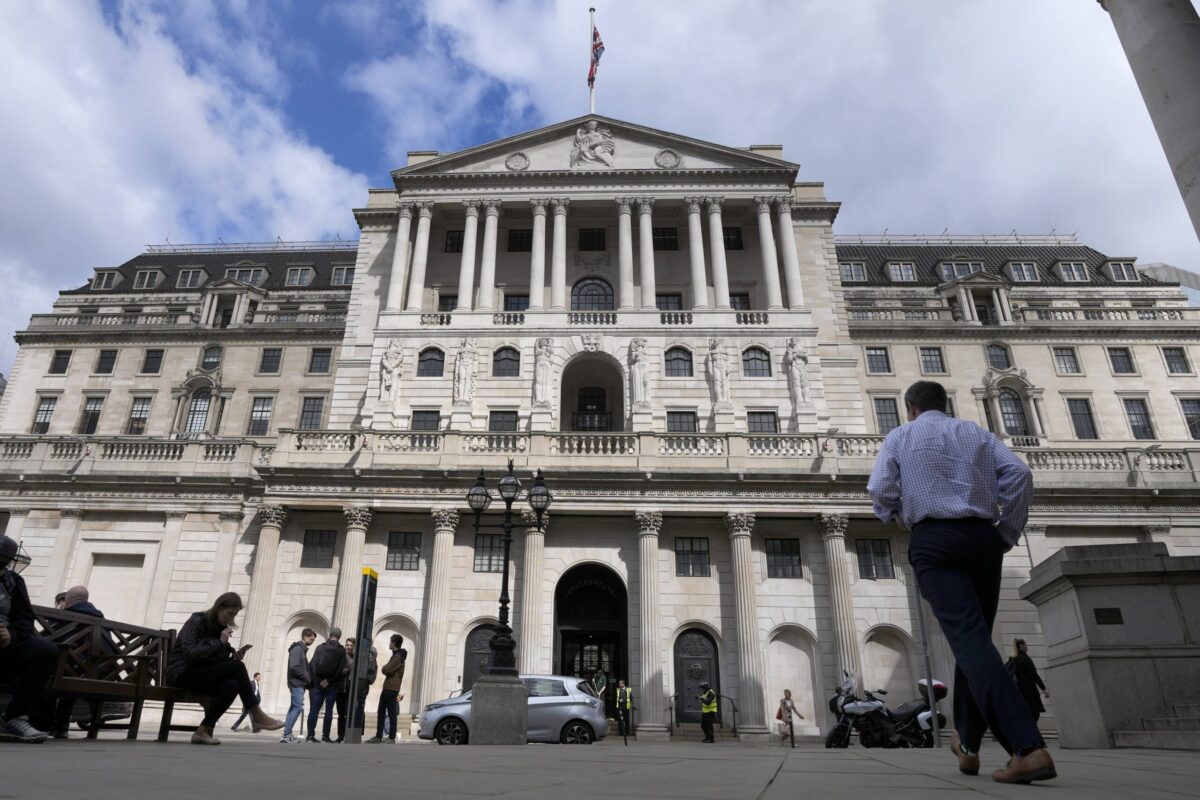- Interest rates rise from 1.25% to 1.5%, the fifth consecutive rise, pushing them to highest level in 13 years.
- Comes as finances are being squeezed by rising cost of living; driven by record fuel and energy prices.
- The Bank warned inflation could surpass 11% later this year.
The Bank of England has raised interest rates yet again in an attempt to slow the rate of price rises.
Rates have risen from 1% to 1.25 percent for the fifth time in a row; reaching their highest level in 13 years.
It comes at a time when the rising cost of living, fueled by record fuel and energy costs; is putting a strain on finances.
Inflation, or the rate at which prices rise, is already at a 40-year high of 9%; and the Bank of England has warned that it could hit 11% later this year.
Read More: Bank of England boosts interest rates amid 10% inflation
Rising energy prices are projected to push living costs even higher in October, according to the Bank; although it added that if inflation pressures persist, it will “act aggressively.” According to Capital Economics, the Bank may be forced to boost interest rates to 3% in the future.
Raising interest rates is one strategy to try to keep growing costs; or inflation – under control. This raises the cost of borrowing; causing consumers to borrow less and spend less. People are also encouraged to save more when interest rates are higher.
Read More: Bank of England hikes interest rate to fight hot inflation





















